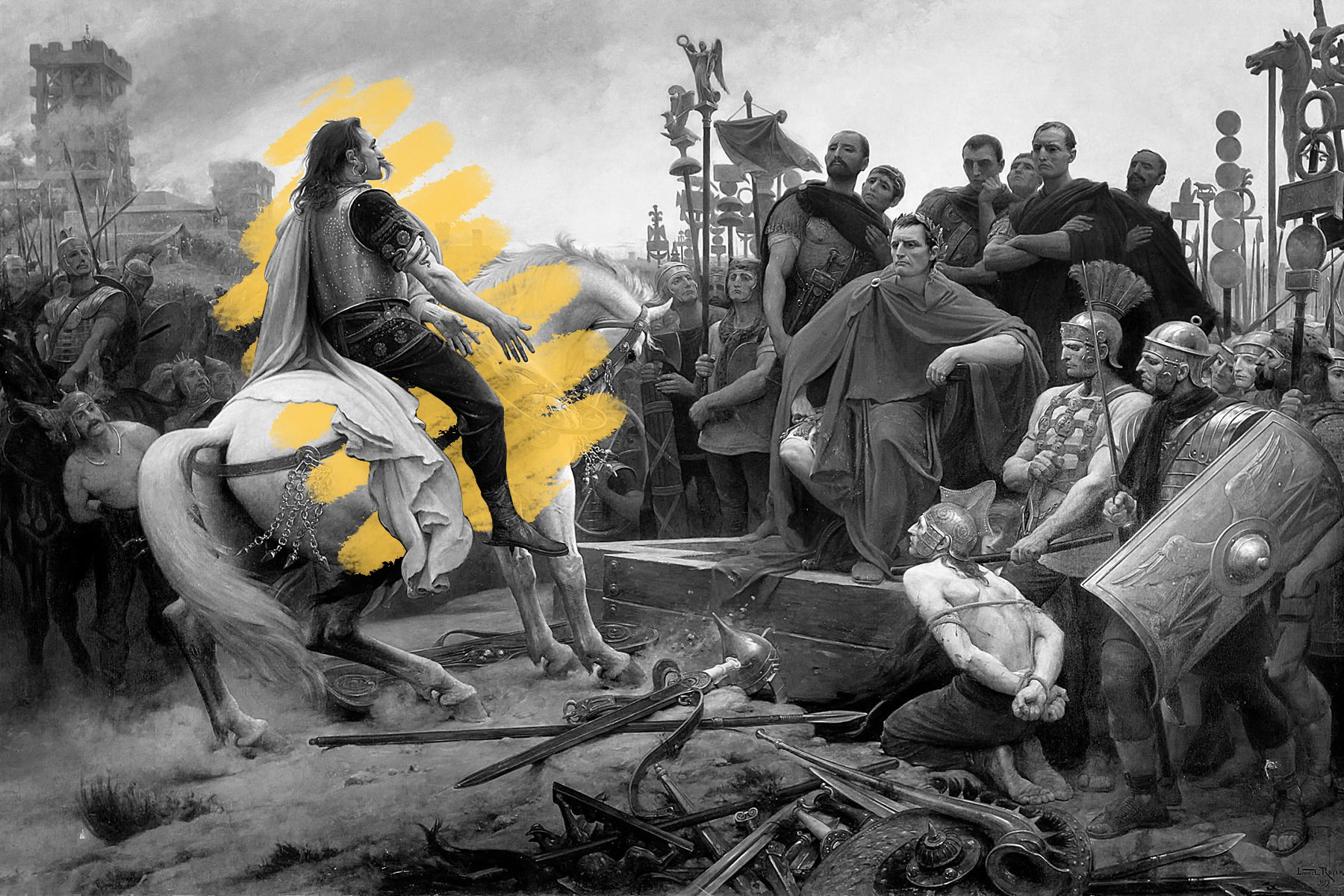Pants were considered uncivilized in ancient Greece and Rome.
Though it’s nearly ubiquitous today, wearing pants was considered highly uncivilized in ancient Greece and ancient Rome, where tunics and cloaks, such as togas and chitons, were the norm. The anti-pants sentiment had little to do with clothes themselves, and was more a result of xenophobia toward the cultures that traditionally wore them. Ancient Greek texts deride pants on Persians and Scythians, two groups who were frequently at war with Greece, and in ancient Rome, pants were associated with the Gauls, who fought Rome in the Gallic Wars.
Even academic texts are full of trouser trashing. In his treatise De aere aquis et locis (Air, Waters, and Places), written around the fourth or fifth century BCE, famed Greek physician Hippocrates belittled the Scythian people by calling them “the most impotent of men,” in part “because they always wear trousers and spend most of their time on their horses.” In the early second century CE, Roman historian Tacitus wrote that Roman general Aulus Caecina Alienus offended the public when he rode through Italy wearing trousers in 69 CE. And in the fifth-century-BCE text The Histories, ancient Greek historian Herodotus quoted a “wise man” giving advice to the king of Lydia about conquering Persia, which, he said, had “no luxury and no comforts.” As evidence, he pointed out that they “wear trousers of leather”— a pretty high-priced item today. (For the record, the pants-wearing Persians ended up conquering Lydia in that conflict.)
Anti-pants rhetoric persisted even as the fashion tide changed. The Theodosian Code, a set of Roman laws published in the fifth century CE, banned wearing trousers, punishable by exile — although many Romans had started wearing pants by that time because they were practical, warm, and much more comfortable than bare legs for riding horseback. By the medieval period, pants were a staple garment throughout Europe.







